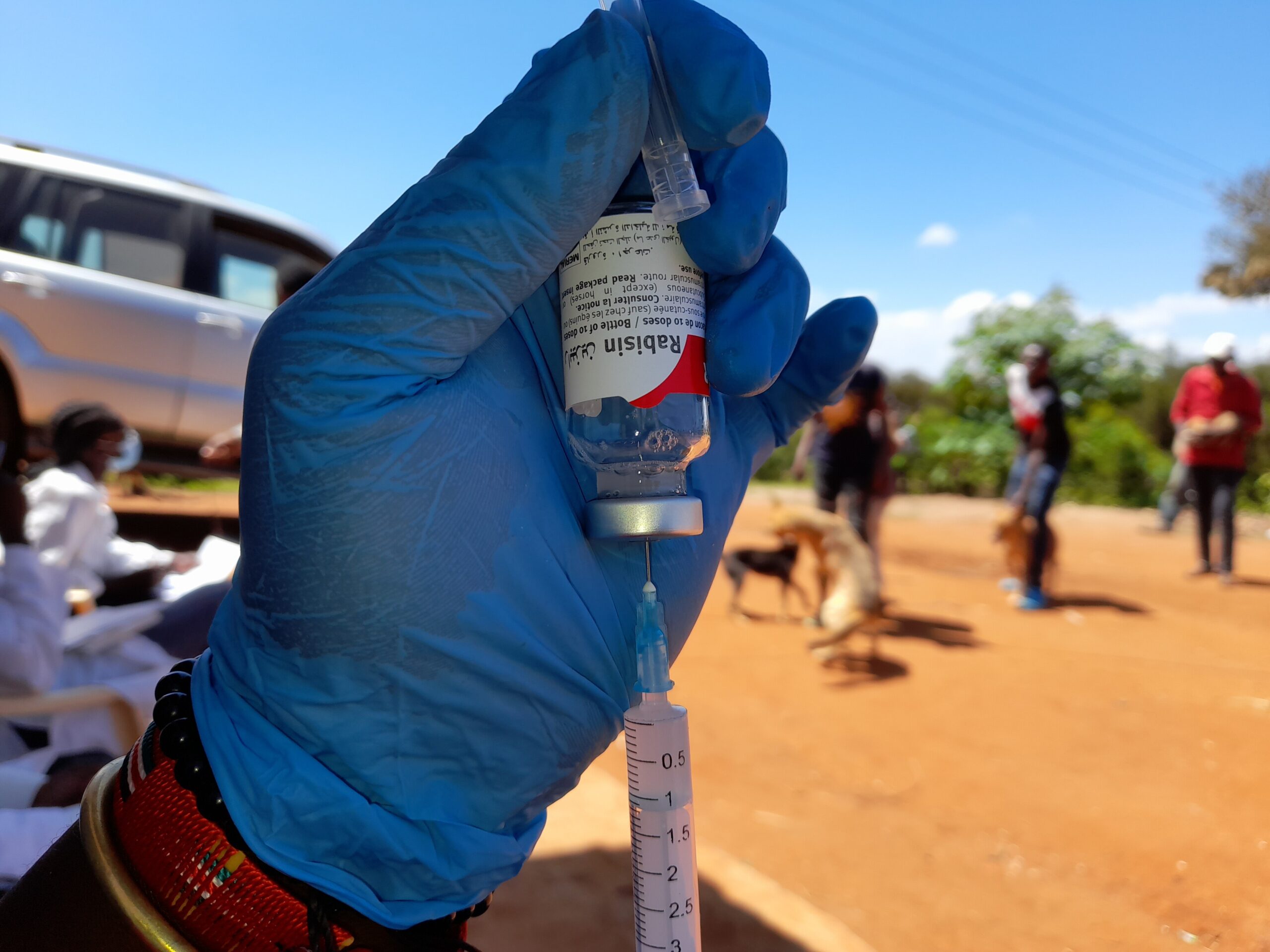(Flickr)
Robert F. Kennedy Jr., long known for his outspoken views on vaccines and public health, has faced intense scrutiny in Senate hearings following his nomination by President Trump to lead the Department of Health and Human Services (HHS). While Kennedy has attempted to reframe his positions in a more moderate light, his history of controversial health policy stances raise serious concerns about his ability to lead the nation’s health agencies.
Kennedy has spent years promoting vaccine skepticism, often suggesting that vaccines are linked to autism—a claim that has been debunked by major health organizations, including the Centers for Disease Control and Prevention (CDC) and the World Health Organization (WHO). Throughout the Senate HELP (Health, Education, Labor, and Pensions) Committee hearing, Kennedy repeatedly called for a return to “gold standard science” and insisted he would support vaccines if shown data proving their safety. However, when presented with evidence—such as a 2014 meta-analysis of 1.2 million children disproving any link between autism and vaccines—Kennedy sidestepped, claiming he wasn’t familiar with the study.
Senator Bill Cassidy, a Louisiana physician, seemed especially disturbed by Kennedy’s evasions. He recounted treating a young patient in Louisiana suffering liver failure from Hepatitis B, a condition that could have been prevented with vaccination. Cassidy also noted that two children had recently died in a Louisiana ICU from vaccine-preventable diseases. With clear frustration, he questioned whether Kennedy—a 71-year-old man who has spent decades attacking vaccines and with financial stakes in lawsuits against vaccine manufacturers—could truly change his views if confirmed. Cassidy’s support could be crucial, as he also sits on the Senate Finance Committee, which has the final say before Kennedy’s nomination advances to a full Senate vote.
Many Republicans on the committee, however, embraced Kennedy’s views. Senator Tom Tuberville dismissed vaccines as excessive, saying his soon-expected granddaughter would not be “a pincushion.” Senator Rand Paul suggested the link between autism and vaccines remained an open question. Democrats, meanwhile, pressed Kennedy on the real-world consequences of his rhetoric. Senator Patty Murray asked if he would unequivocally state that measles and Hepatitis B vaccines do not cause autism. Kennedy refused to answer directly, despite admitting that his own children were vaccinated. Even Mary Holland, CEO of the anti-vaccine group Children’s Health Defense, which Kennedy helped found, confirmed to Politico that if confirmed, she expected RFK Jr. would launch a “penetrating review” of childhood vaccines. This raises concerns Kennedy might try to overhaul existing vaccine policies.
Tensions escalated when Senator Maggie Hassan, a Democrat from New Hampshire, brought the room to silence. With tears in her eyes, she spoke about her son, who has cerebral palsy, and the guilt she sometimes felt wondering if she had done something during pregnancy to cause his condition. She condemned Kennedy’s continued efforts to sow doubt about settled science, saying it made it impossible for society to move forward. Senator Angela Alsobrooks, a newly elected Democrat from Maryland, also confronted Kennedy over past remarks in which he claimed Black people should have a different vaccine schedule because their immune systems were supposedly stronger than white people’s. When asked directly what different vaccine schedule she, as a Black woman, should have received, Alsobrooks called his suggestion “dangerous.”
Kennedy’s pattern of promoting conspiracy theories was also on full display. Senators questioned him about his past claims that Wi-Fi and 5G cause cancer, that AIDS is a different disease in Africa than in the U.S., and that Lyme disease may have been developed as a military bioweapon. Rather than disavowing these statements, Kennedy defended some and admitted he hadn’t fully read the books he cited as evidence. Senator Tim Kaine pressed him on a social media post he made during his failed presidential run, where he suggested he wouldn’t “take sides” on whether 9/11 was a conspiracy. Kaine bluntly asked if Kennedy had a general difficulty distinguishing fact from conspiracy, leaving Kennedy fumbling to respond.
In an increasingly globalized world, another pandemic is inevitable. Does RFK, Jr. have what it takes to handle it? With his confirmation vote approaching, the stakes are high. If another pandemic arises under his leadership, his policies could weaken preparedness, slow the response, and cost lives. His nomination is more than political—it is a test of whether public health leadership will be driven by science or misinformation.








